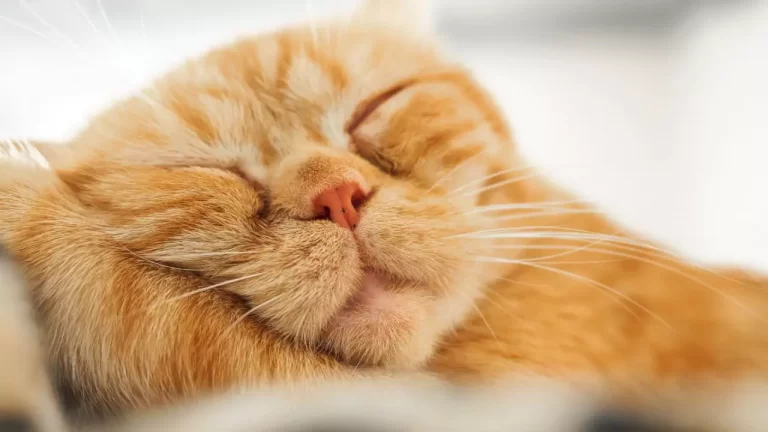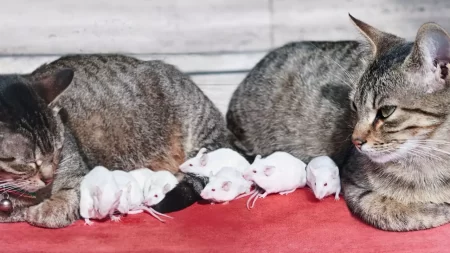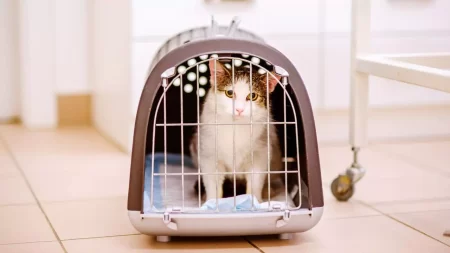Cats are known for their relaxed and sleepy nature. In fact, adult cats can sleep for up to 18 hours a day! There are a number of reasons why cats sleep so much, including their natural sleeping patterns, energy conservation, boredom, stress, and sickness or discomfort.
The Natural Sleeping Patterns of Cats
Cats are nocturnal animals, meaning they are most active at dawn and dusk. Most of their prey is most active at these times, so it seems sense that their ancestors would have adapted to hunt then. Today, even though cats no longer need to hunt for their food, they still retain their natural sleeping patterns.
Evolution of Hunting Instincts
When cats are hunting, they use a lot of energy. They need to be able to stalk their prey quietly, burst into action to chase it down, and then pounce and kill it. This is why they need to sleep so much to conserve their energy.
Cats Can Sleep for Up to 18 Hours a Day
The amount of sleep that a cat needs varies depending on its age, health, and activity level. Both kittens and older cats have a higher propensity for sleep compared to adult cats. Additionally, cats that are bored or stressed may sleep more than cats that are well-stimulated and content.
Reasons Why Cats Sleep So Much
There are a number of reasons why cats sleep so much, including:
- Energy conservation: Cats use a lot of energy when they are hunting, playing, or exploring. Sleeping helps them to conserve their energy for these activities.
- Boredom: If a cat is bored, it may sleep more to pass the time.
- Stress: Cats can sleep more if they are stressed. This may be due to changes in their environment, such as a new pet or a move to a new home.
- Sickness or discomfort: If a cat is sick or injured, it may sleep more than usual.
Ways to Help Cats Sleep at Night
If your cat won’t go to sleep at night, here are some things that might help:
- Keep cats awake during the day: Play with your cat during the day to help them burn off energy. This will make them more tired at night and more likely to sleep.
- Provide mental and physical stimulation: Give your cat plenty of toys and puzzles to play with. This will help to keep them mentally and physically stimulated and prevent them from getting bored.
- Offer a small bedtime meal: Feeding your cat a small meal before bed may help them to fall asleep.
- Create separate sleeping spaces: Give your cat a comfortable place to sleep at night. This could be a bed, a cat tree, or even a box.
When to Be Concerned About Your Cat’s Sleeping Habits
If you notice a sudden change in your cat’s sleeping habits, it is important to consult with your veterinarian. This could be a sign of an underlying health problem.
Here are some specific things to be concerned about:
- Changes in sleeping patterns: If your cat starts sleeping more or less than usual, it is important to take note.
- Excessive sleepiness: If your cat is sleeping all the time and seems to have no energy, this could be a sign of a health problem.
- Difficulty waking up or staying awake: If your cat is having trouble waking up or staying awake, this could also be a sign of a health problem.
If you are concerned about your cat’s sleeping habits, please schedule an appointment with your veterinarian. They can help to determine if there is an underlying health problem and recommend appropriate treatment.







